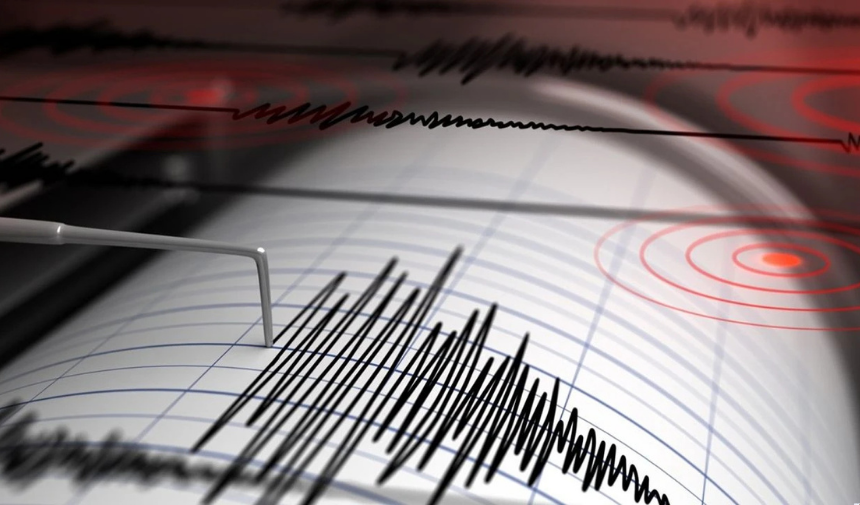Critical Success by Turkish Scientists Predicting Earthquakes with High Accuracy
Turkish researcher Cemil Emre Yavaş and his team at Georgia Southern University have achieved a significant success in earthquake prediction. The team led by Yavaş managed to predict earthquakes with 97.97 percent accuracy using machine learning methods in a high-risk earthquake zone such as Los Angeles. This revolutionary study draws attention as a promising development in terms of the predictability of natural disasters worldwide.
Machine Learning Revolution in Earthquake Prediction
Earthquake predictions are often quite difficult and complex, but machine learning and the use of big data are driving innovation in this field. The machine learning-based algorithm developed by Yavaş and his team utilizes existing seismic data to predict the time and location of possible earthquakes with high accuracy. The 97.97 percent success rate offers a great advantage, especially for regions with frequent earthquakes.
The model can be used not only in Los Angeles but also in many other cities with high earthquake risk. This model, which means a new security measure for cities under the threat of major earthquakes such as Istanbul, ensures preparedness against possible earthquakes and contributes to crisis management in earthquake-prone cities.
Possibility of Use in High Risk Areas such as Istanbul
Another striking aspect of the research is that it can be applied in regions with high earthquake risk, such as Istanbul. Cemil Emre Yavaş stated that the use of the model in such regions can reduce possible loss of life and provide great support to local governments in terms of disaster management. Yavaş said, “Our model is very successful in earthquake predictions in terms of both time and location. It can be an important tool to take precautions before a possible earthquake in cities like Istanbul.”
This high accuracy rate can play an important role not only in predicting future earthquakes, but also in developing post-earthquake response and preparedness plans. The application of such a model in a city like Istanbul could allow local governments to reshape their disaster management strategies.
International Resonance of the Study
Yavaş and his team’s study has had significant repercussions around the world. The research, published in Scientific Reports by Nature, a highly respected journal in the scientific world, was also featured on PreventionWeb, the United Nations’ disaster risk management platform. Studies that achieve such high accuracy rates are widely recognized not only in the scientific community, but also in global policy and risk management.
The development of this innovative model demonstrated that especially advanced machine learning algorithms can be used for the predictability of natural disasters. Experts say that this kind of work can bring a new perspective to disaster management processes and break new ground that can be used to predict other natural disasters.
Yavaş: “Our Model Can Save Lives”
Cemil Emre Yavaş, who led the research, stated that this study is a critical step in better understanding natural disaster risks. “Achieving high accuracy in earthquake prediction by going beyond traditional methods is a great achievement. Our model provides data that can save lives in high-risk regions.”
Yavaş’s words reveal how the model can revolutionize earthquake risk management. Thanks to machine learning algorithms, these predictions can help take precautions in advance for future earthquakes. It can also provide critical information to the authorities for a fast and effective response in the event of a disaster.



